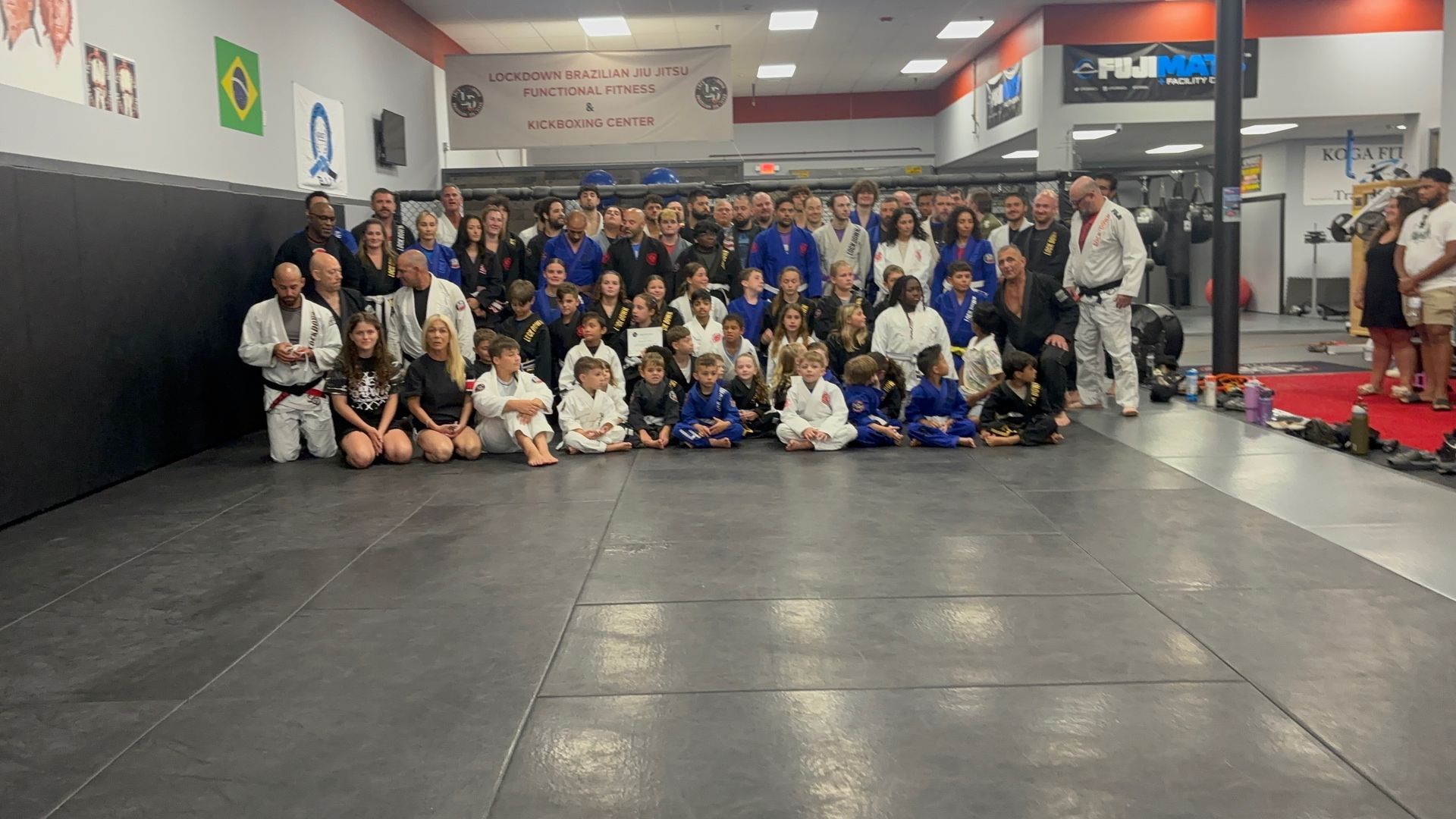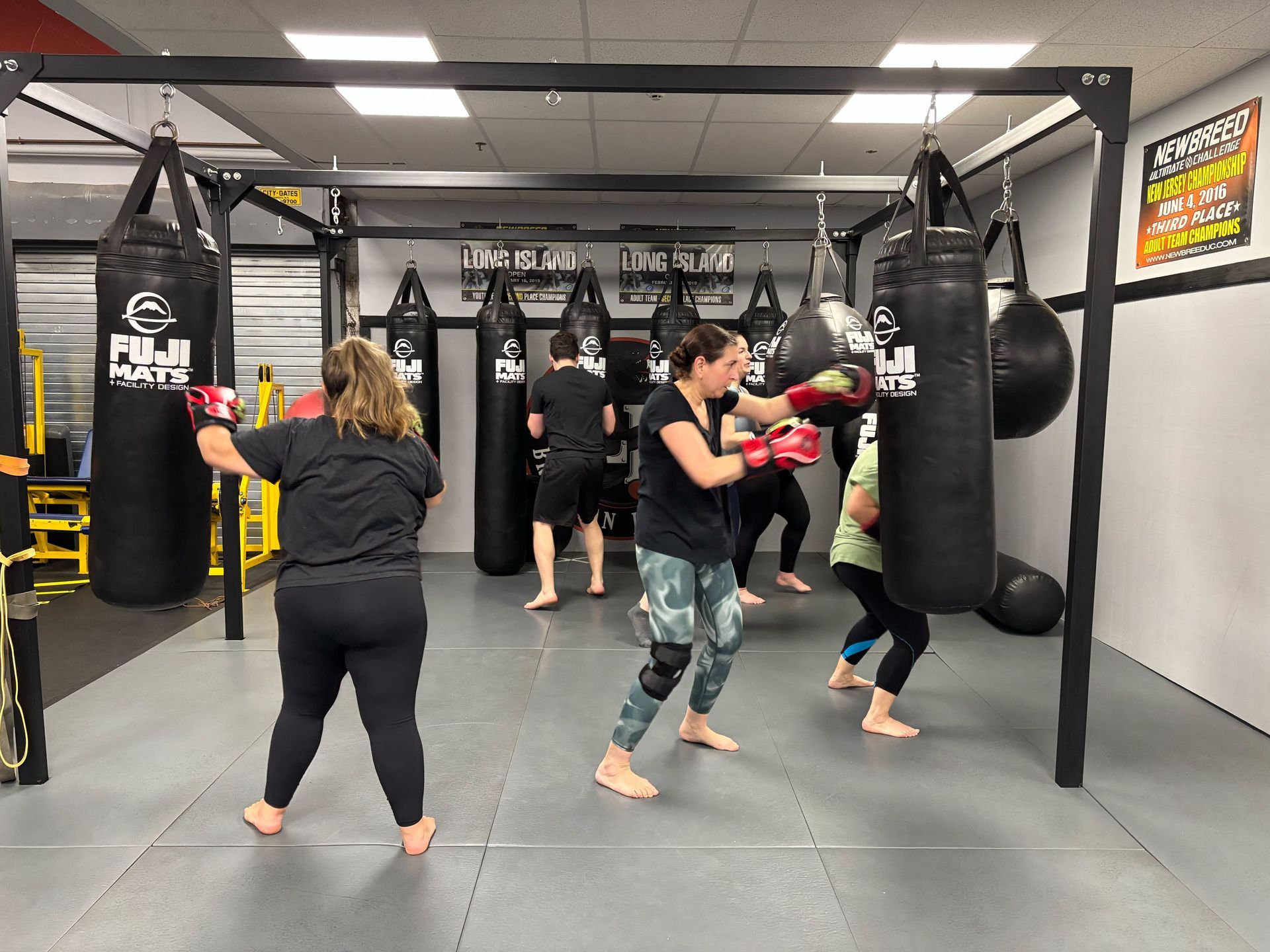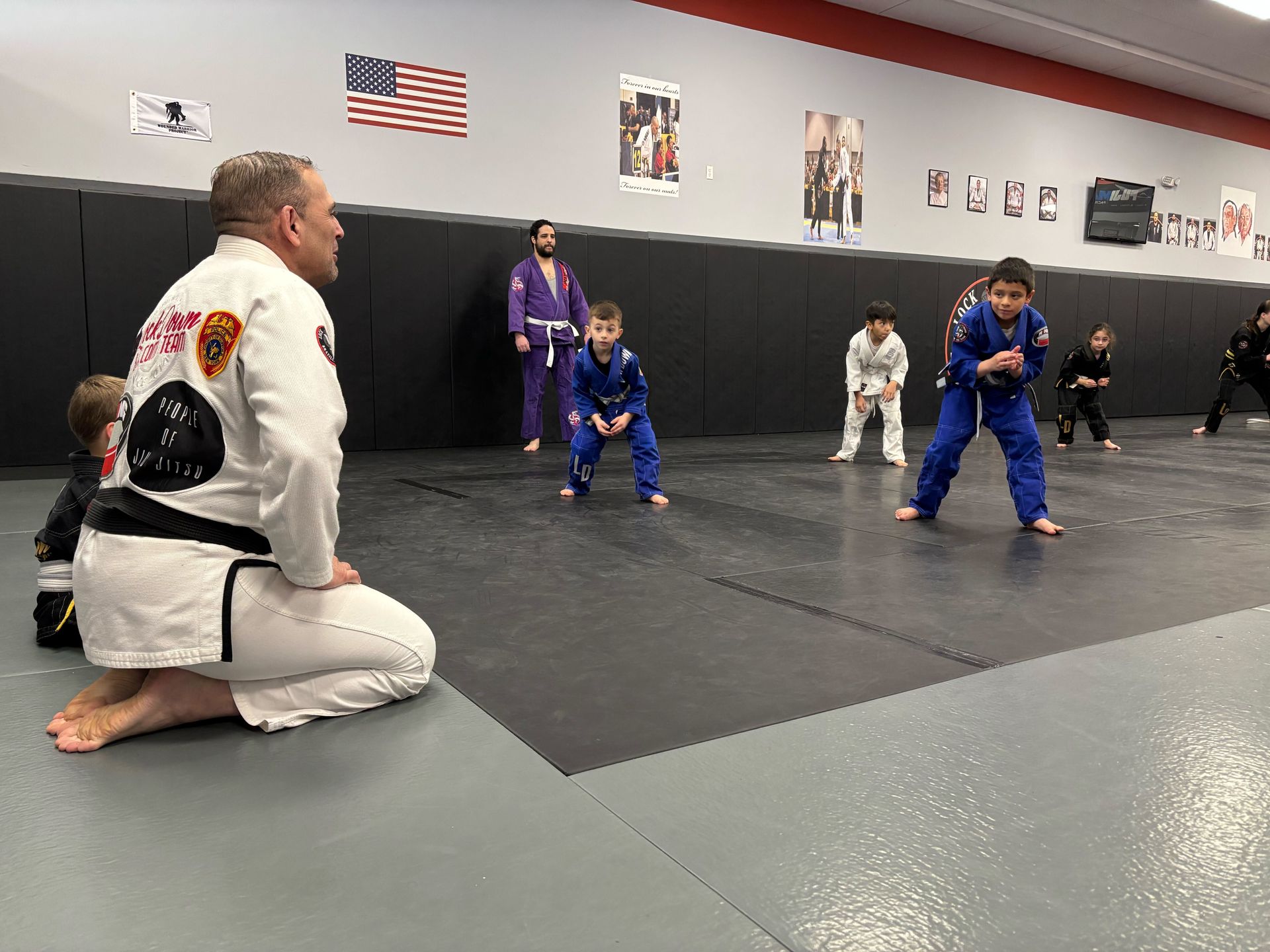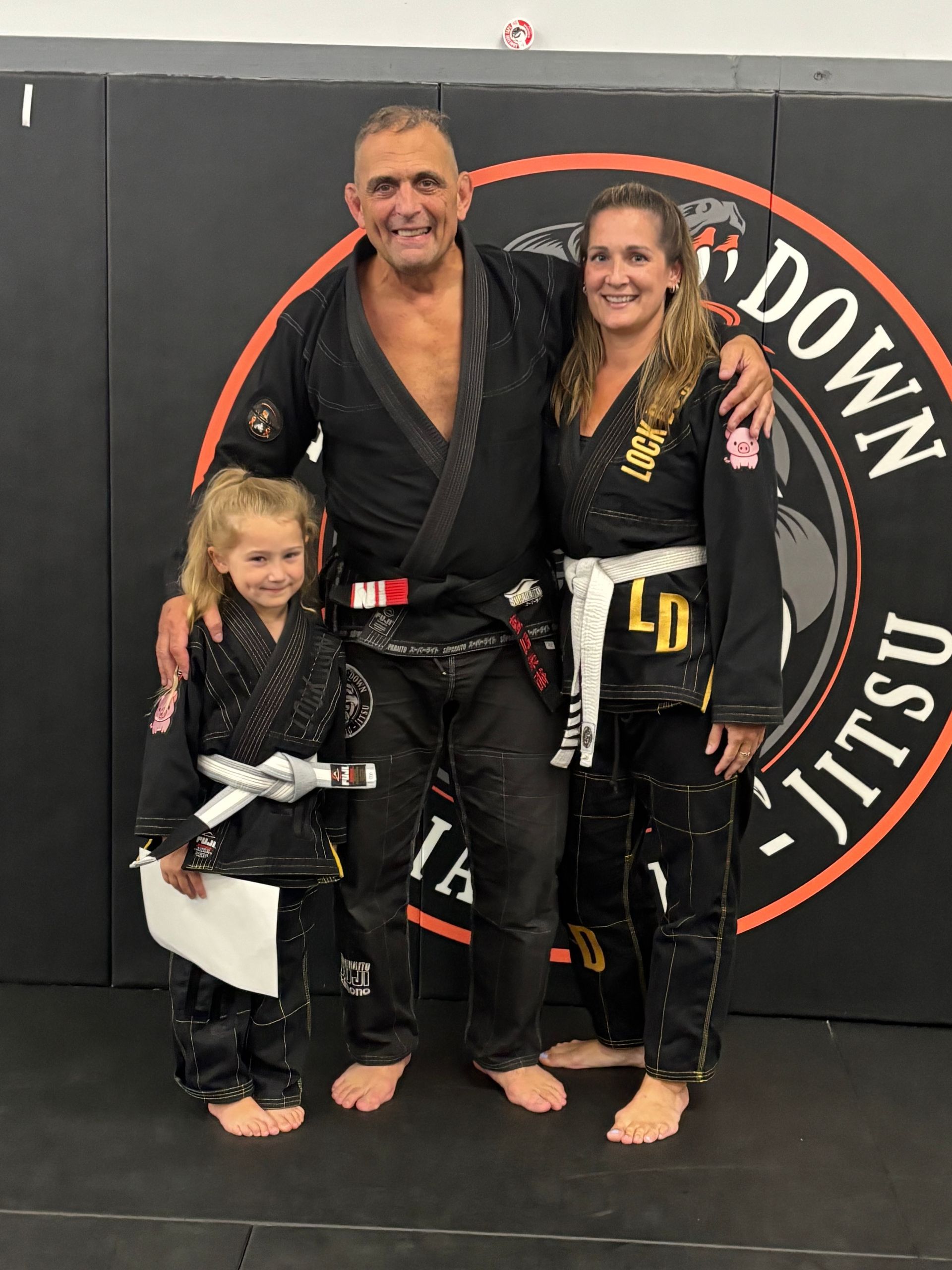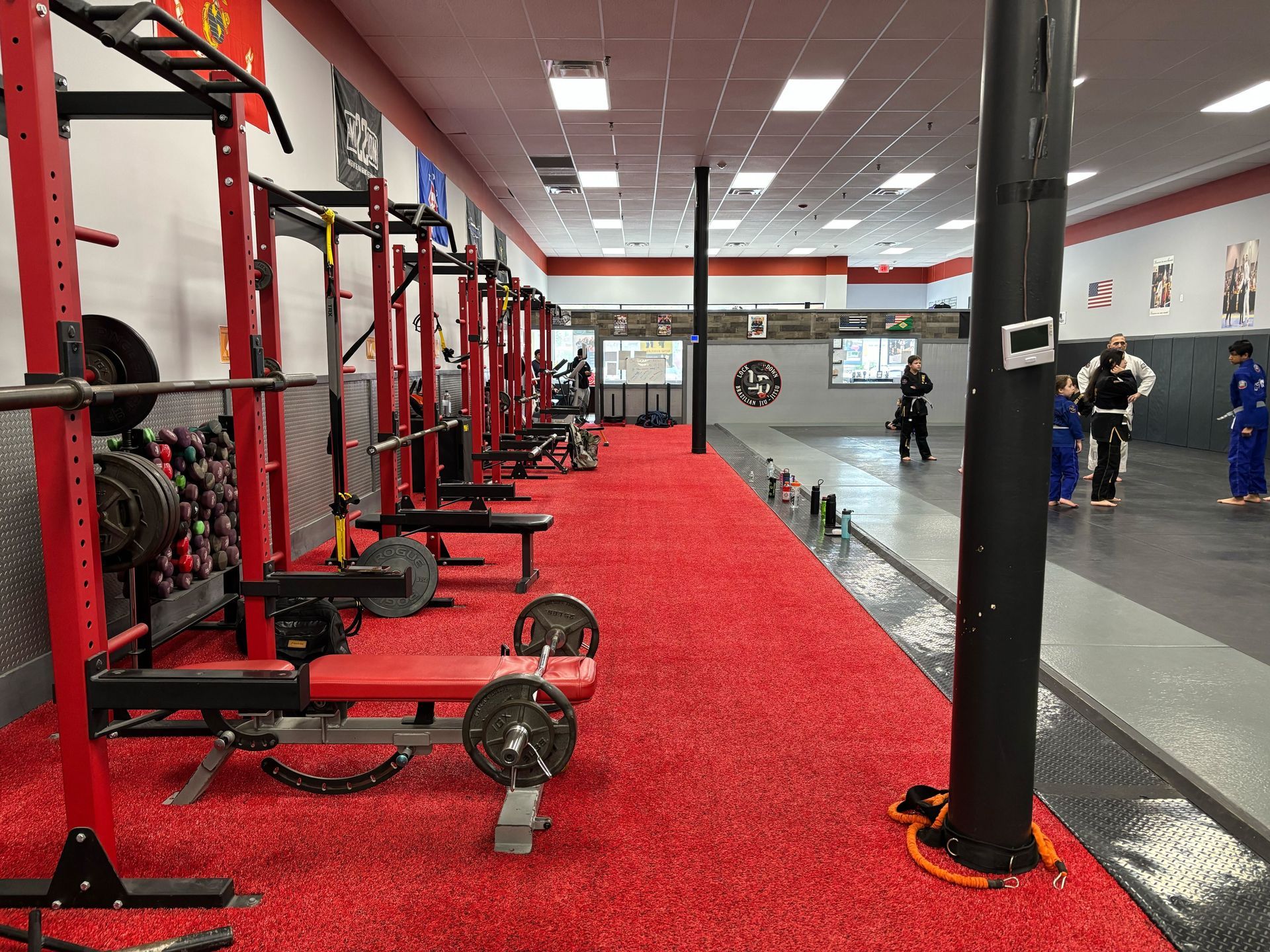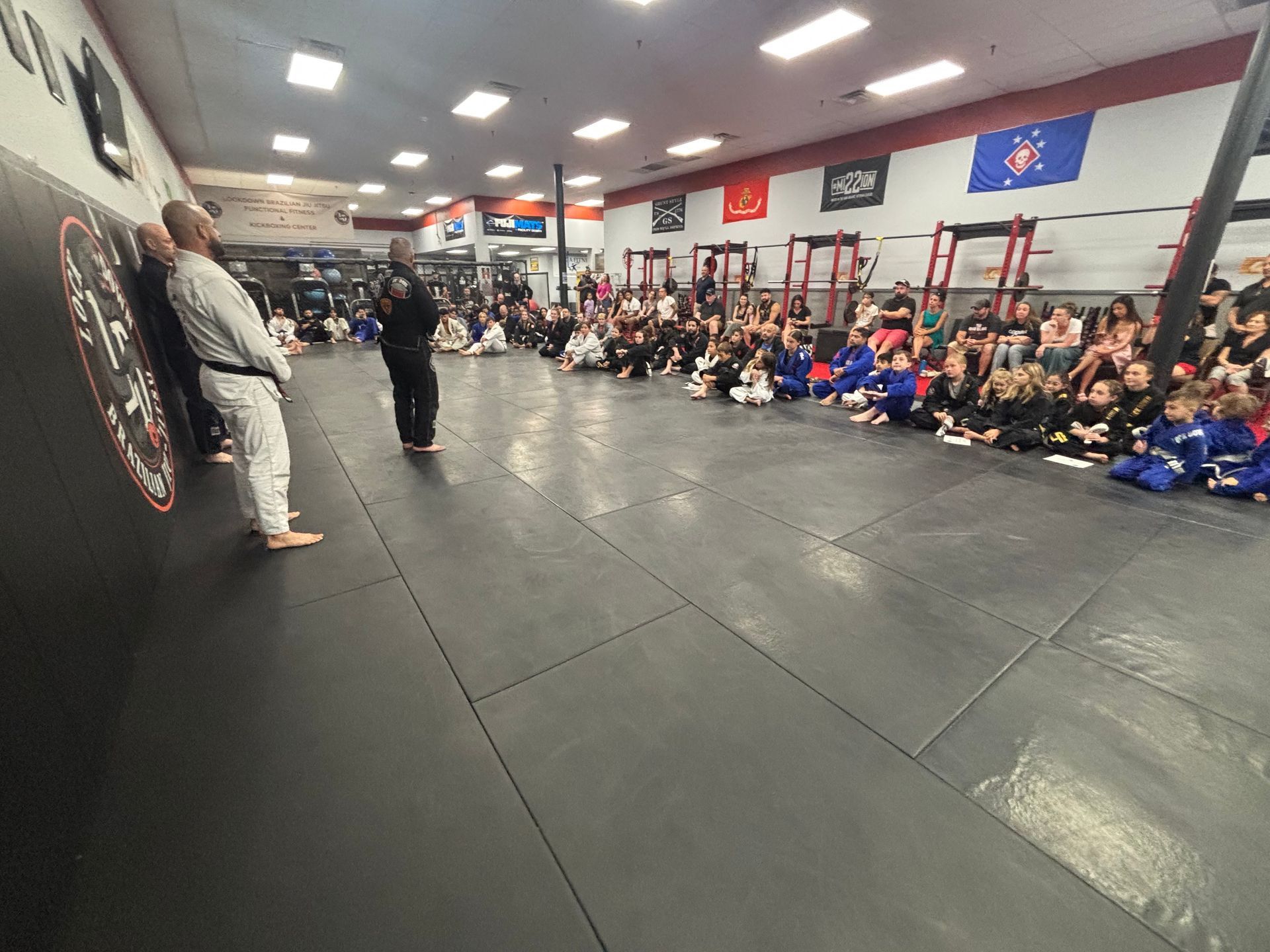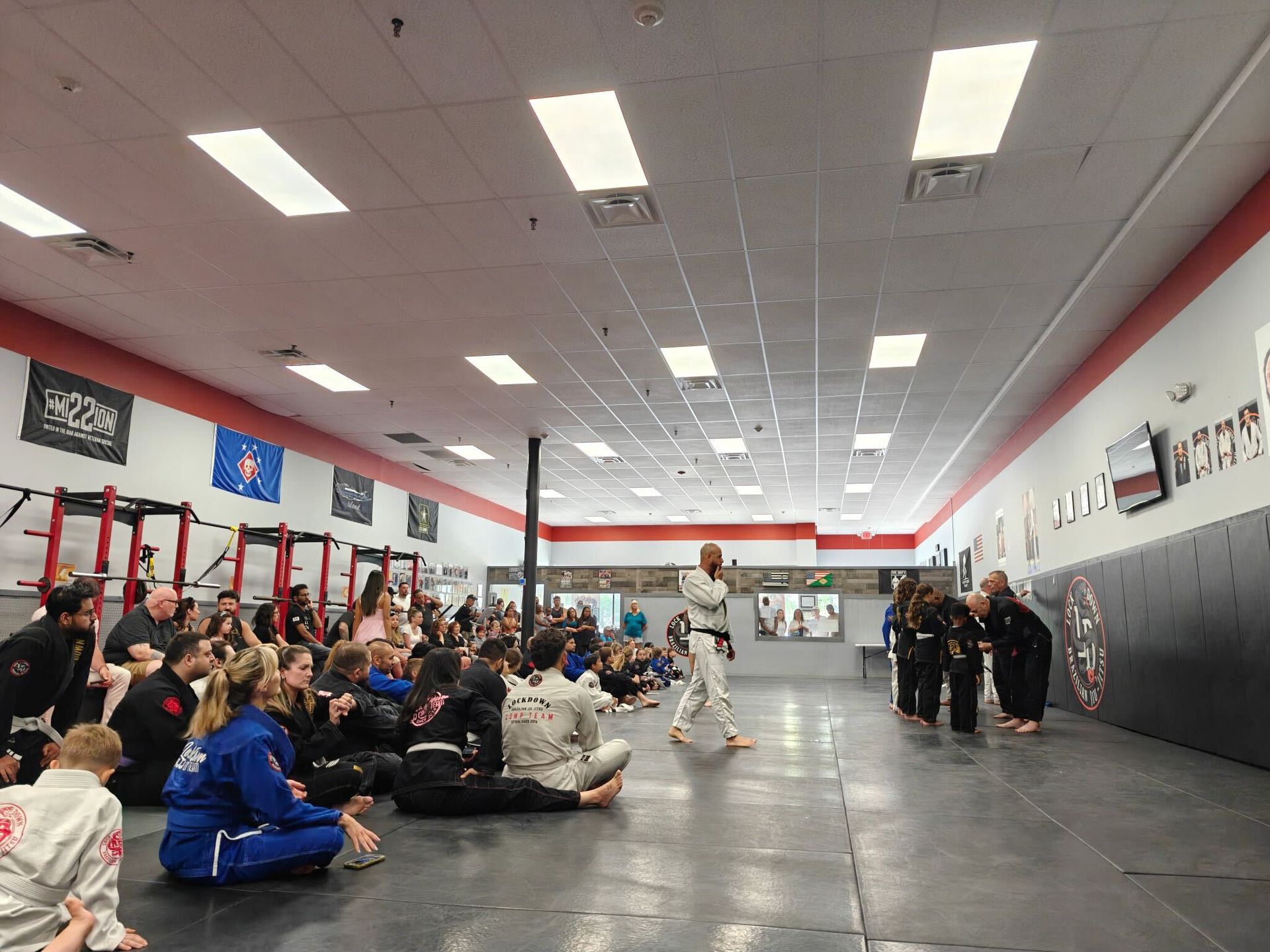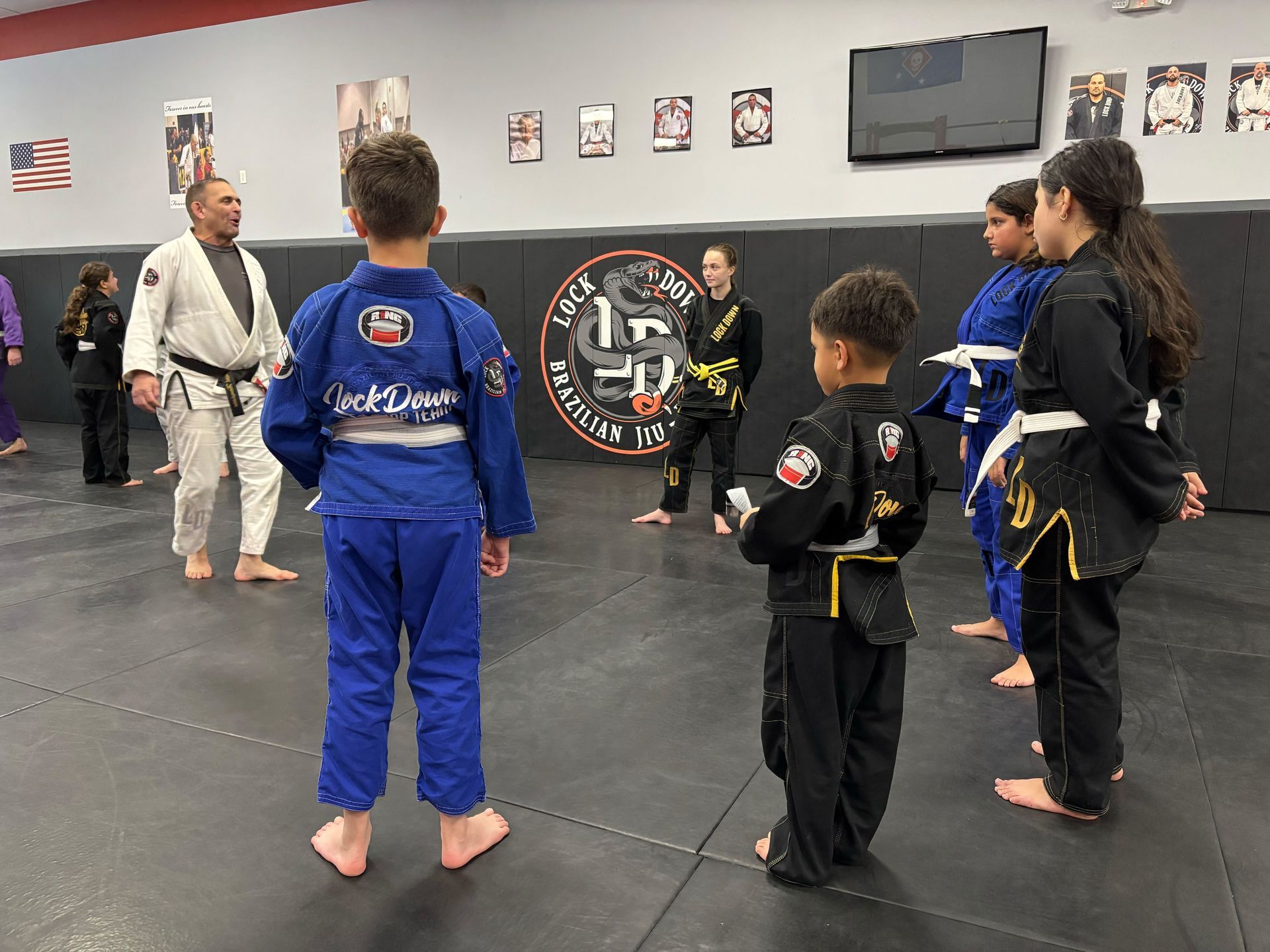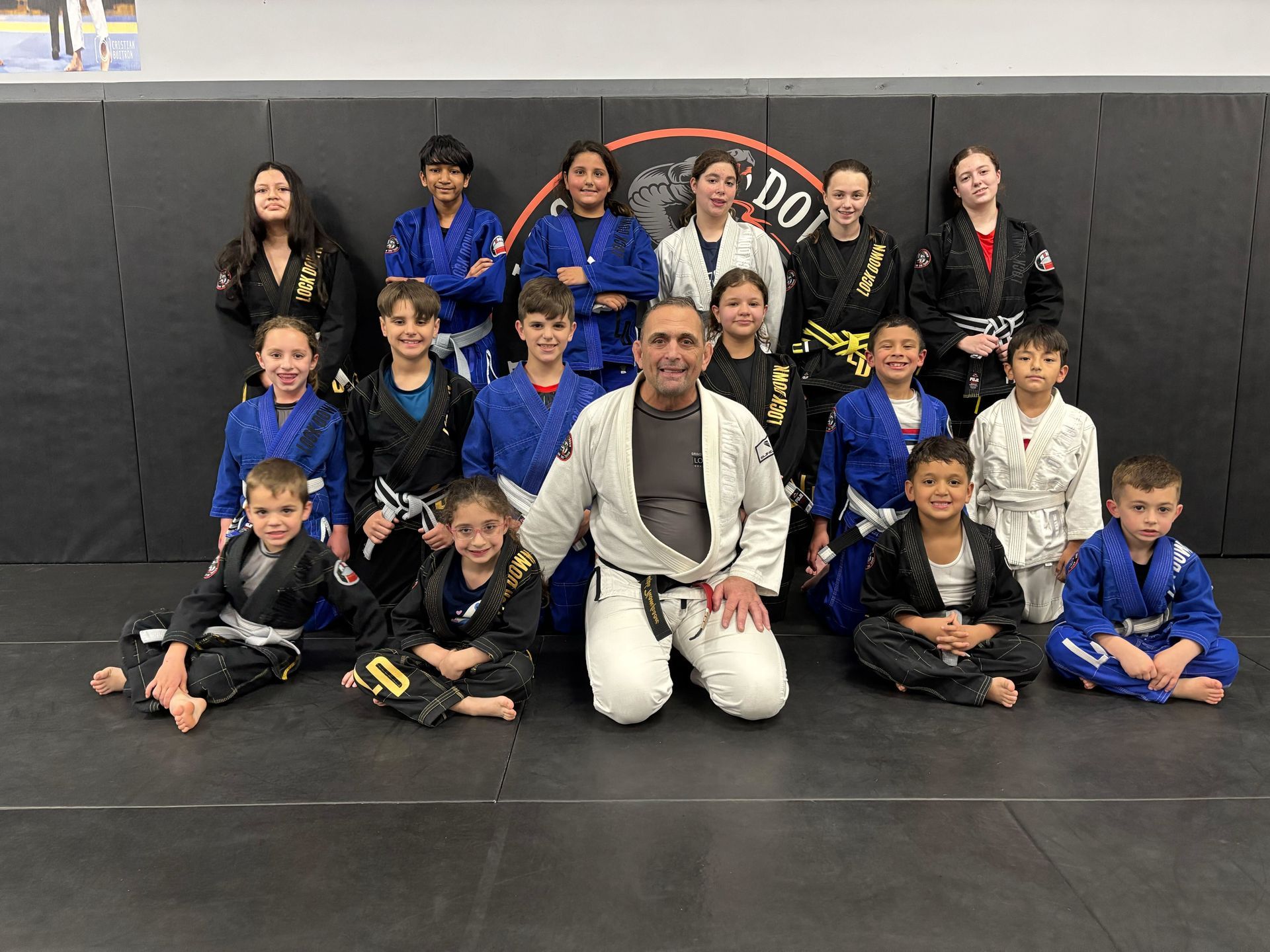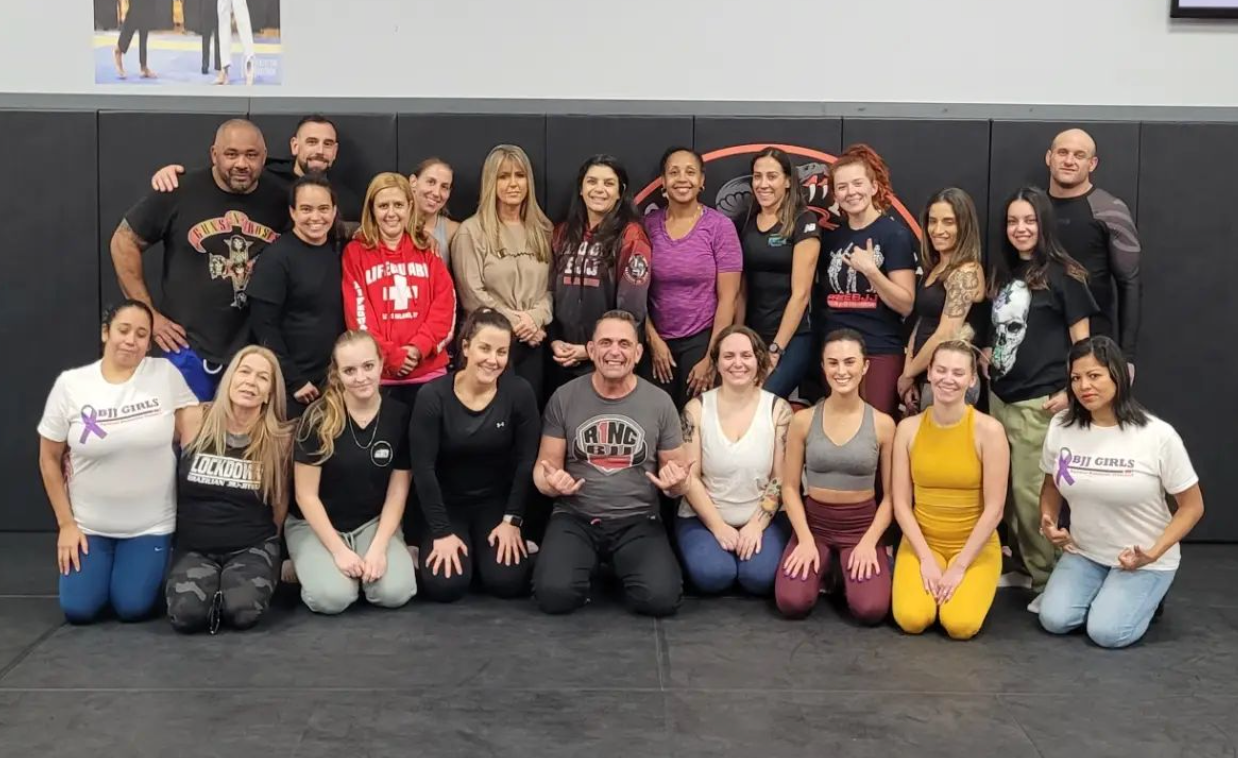Confidence plays a crucial role in a child's overall development, influencing their academic performance, social interactions, and emotional well-being.
For many children, particularly those struggling with shyness, anxiety, or past experiences of bullying, low self-confidence can be a significant barrier to their success and happiness. Martial arts offer a holistic approach to overcoming these challenges by promoting physical, emotional, and social growth.
How Martial Arts Can Boost Confidence in Kids
Martial arts are more than just a physical activity; they are a journey that instills valuable life skills. By engaging in martial arts, kids learn discipline, respect, and perseverance—key attributes that contribute to building self-confidence.
Building Self-Discipline and Responsibility
In martial arts, discipline is the foundation of training. Kids are taught to follow instructions, adhere to routines, and respect the dojo's rules. This sense of discipline extends beyond the training mats, fostering responsibility in daily life. As children learn to manage their time, prioritize tasks, and stay committed to their practice, they develop a stronger sense of self-control and reliability.
Developing a Strong Sense of Self-Respect and Respect for Others
Respect is a core value in martial arts, with every class beginning and ending with a bow—a sign of mutual respect between the stu
dent and the instructor. This practice teaches kids to value themselves and those around them, creating a positive and supportive environment. By understanding the importance of respect, children can build healthier relationships, both in and out of the dojo.
The Role of Goal Setting and Achievement in Martial Arts
Martial arts training emphasizes the importance of setting and achieving goals. Whether it's earning a new belt or mastering a difficult technique, each milestone is a testament to the child's hard work and dedication. Achieving these goals, big or small, boosts their self-esteem and reinforces the belief that they are capable of accomplishing great things.
Physical Benefits That Enhance Confidence
Physical fitness is closely tied to self-confidence. As children engage in martial arts, they experience improvements in their physical health that translate into greater self-assurance.
Improved Fitness and Coordination
Martial arts training involves rigorous physical activity, which enhances fitness levels, flexibility, and coordination. As kids see their bodies grow stronger and more capable, they gain confidence in their physical abilities. This newfound strength helps them feel more secure and self-reliant in various situations.
Learning Self-Defense Skills for Personal Safety
One of the empowering aspects of martial arts is learning self-defense. Knowing how to protect oneself not only boosts confidence but also reduces fear and anxiety in potentially threatening situations. This sense of security can be particularly beneficial for children who may have been targets of bullying or feel vulnerable in social settings.
Overcoming Physical Challenges and Perseverance
Martial arts teach perseverance through the constant challenge of learning new techniques and improving skills. Children are encouraged to push beyond their limits, embrace failure as a learning opportunity, and persist until they succeed. This resilience builds their confidence in facing challenges both inside and outside of martial arts.
Emotional and Mental Benefits of Martial Arts for Kids
Beyond the physical aspects, martial arts provide significant emotional and mental benefits that contribute to a child's confidence.
Managing Anxiety and Stress Through Martial Arts Training
Martial arts classes often incorporate mindfulness and breathing techniques, which can help children manage anxiety and stress. The structured environment of a martial arts class provides a safe space for kids to express themselves and channel their emotions positively. This ability to regulate emotions helps children feel more in control and less overwhelmed by life's pressures.
Fostering a Positive Mindset and Resilience
Martial arts instill a "never give up" attitude, encouraging kids to adopt a growth mindset. Through repeated practice and the encouragement of instructors, children learn that effort and perseverance are the keys to success. This mindset shift from fixed to growth-oriented thinking is crucial for building lasting confidence.
Enhancing Focus and Concentration in Everyday Life
Martial arts require concentration and attention to detail, skills that are transferable to other areas of a child's life, including academics. Improved focus helps kids stay on task, leading to better performance in school and other activities. As they notice these improvements, their confidence in their abilities grows.
Social Skills and Building Friendships Through Martial Arts
Martial arts classes provide a supportive community where children can develop social skills and build friendships.
Teamwork and Collaboration in Group Training Sessions
Although martial arts are often seen as individual pursuits, many aspects of training involve teamwork. Whether it's practicing drills with a partner or participating in group activities, kids learn the importance of cooperation and supporting others. These interactions help them build social skills and foster a sense of belonging.
Learning Respect and Empathy for Peers and Instructors
In martial arts, students of all levels train together, which promotes respect and empathy for others' journeys. Children learn to appreciate the progress of their peers and offer support, fostering an environment of mutual encouragement and respect.
Success Stories: Real-Life Examples of Kids Who Thrived Through Martial Arts
Many children have transformed their lives through martial arts. Real-life success stories of kids who have gained confidence, improved their academic performance, or developed leadership skills can inspire other parents to consider martial arts for their own children.
Choosing the Right Martial Art for Your Child
Selecting the right martial art and school is essential for maximizing the benefits for your child.
Popular Martial Arts Styles for Kids: Karate, Taekwondo, Judo, and More
There are numerous martial arts styles available, each with its own unique focus and benefits. Exploring options like Karate, Taekwondo, Judo, or Brazilian Jiu-Jitsu can help parents find the best fit for their child's interests and needs.
Factors to Consider When Selecting a Martial Arts School
Choosing the right school involves considering factors such as the instructors' qualifications, the school's philosophy, class sizes, and the overall environment. A positive and encouraging atmosphere is crucial for kids who struggle with confidence.
How Parents Can Support Their Child’s Martial Arts Journey
Parental support plays a vital role in a child's success in martial arts.
Encouraging Consistent Practice and Participation
Consistency is key in martial arts. Parents can help by encouraging their child to attend classes regularly and practice at home. This support shows children that their efforts are valued and reinforces their commitment to their training.
Celebrating Milestones and Progress in Martial Arts
Recognizing and celebrating achievements, whether it's mastering a new move or earning a higher belt, boosts a child's confidence and motivation to keep going. Parents can make these moments special by acknowledging their child's hard work and dedication.
Frequently Asked Questions (FAQs)
What Age Should My Child Start Martial Arts?
Most martial arts schools offer classes for children as young as three or four years old, with programs tailored to different age groups and skill levels. Starting young can provide a strong foundation in discipline, respect, and confidence.
Is Martial Arts Safe for Kids?
Safety is a priority in martial arts, with instructors trained to teach techniques appropriate for children's physical and emotional development. Protective gear and controlled sparring environments further ensure a safe experience.
How Long Does It Take to See Changes in Confidence?
While every child is different, parents often notice improvements in their child's confidence within a few months of consistent practice. As kids achieve small goals and receive positive reinforcement, their self-esteem begins to grow.
Can Martial Arts Help With Bullying?
Yes, martial arts can empower kids to handle bullying situations by teaching self-defense skills, boosting confidence, and developing the assertiveness needed to stand up for themselves. Many programs also include discussions on conflict resolution and non-violent responses to aggression.
How Can Martial Arts Improve My Child’s Academic Performance?
The discipline, focus, and goal-setting skills learned in martial arts often carry over to academic performance. Many parents and teachers observe that kids who participate in martial arts become more organized, attentive, and resilient in their schoolwork.
Are There Martial Arts Classes for Kids with Special Needs?
Yes, many martial arts schools offer specialized classes or programs for children with special needs, such as ADHD, autism, or physical disabilities. These programs are designed to be inclusive and adaptive, allowing all kids to benefit from martial arts training.
Final Thoughts
Martial arts offer a unique blend of physical, emotional, and social benefits that can transform a child's life. For kids who struggle with confidence, the skills and mindset gained through martial arts training can provide the foundation for a more positive and empowered future. By choosing the right program and supporting their journey, parents can help their children develop into confident, resilient individuals.
If you're considering martial arts for your child, now is the perfect time to start exploring your options. Contact local martial arts schools, schedule a trial class, and take the first step toward helping your child build confidence and skills that will last a lifetime.

